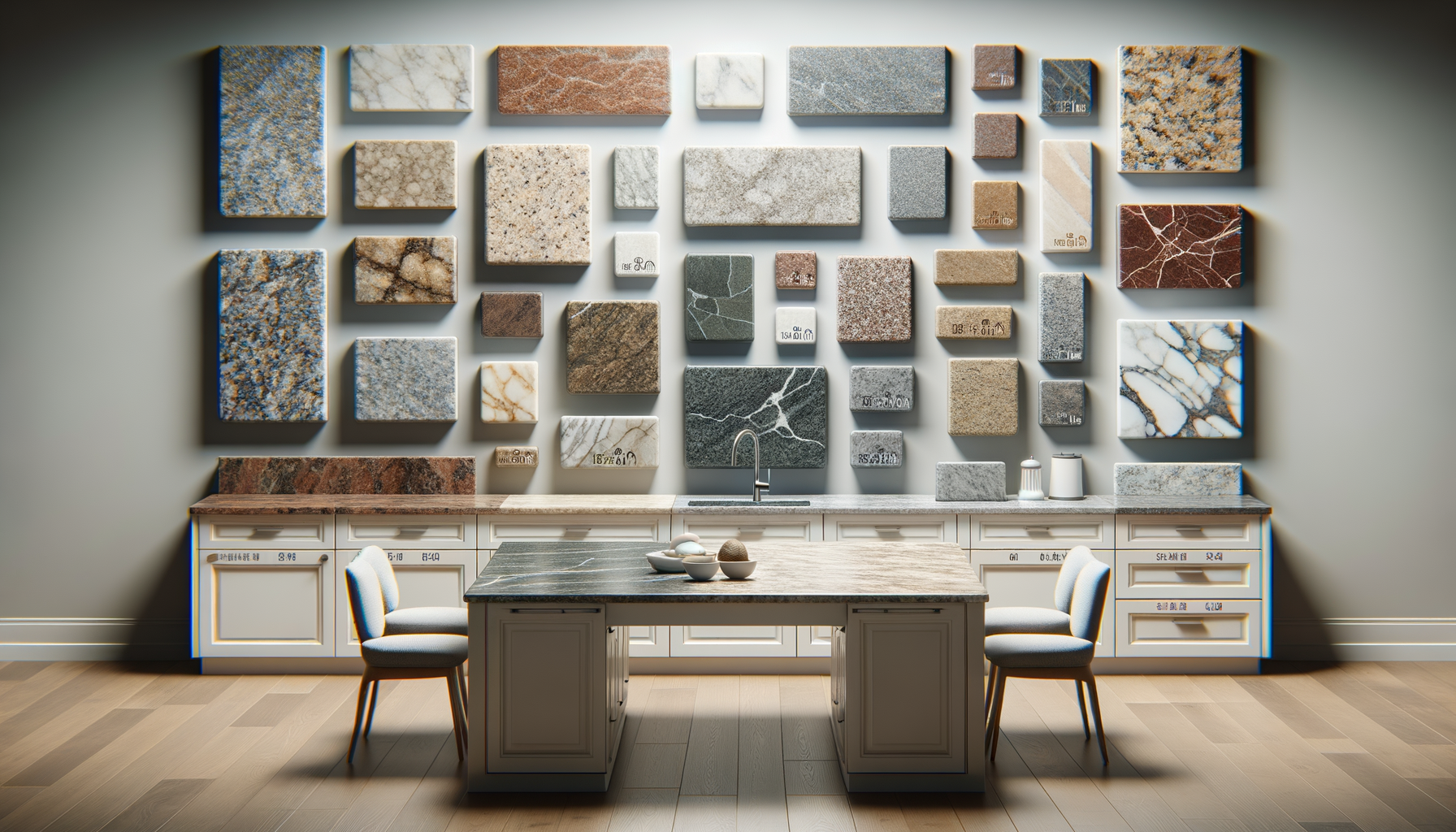
Granite Countertop Installation Costs Explained: From Materials to Labor Fees
Introduction to Granite Countertop Installation Costs
Granite countertops are a popular choice for homeowners looking to enhance the aesthetic appeal and functionality of their kitchens and bathrooms. However, understanding the costs involved in installing granite countertops can be a bit daunting. This article aims to demystify the various factors that contribute to the overall cost of granite installation, helping you make informed decisions that suit your budget and style preferences.
Material Costs: What to Expect
When considering granite countertops, the material cost is a significant portion of the overall expense. Granite is priced per square foot, and prices can vary widely based on the quality, color, and origin of the stone. Typically, granite prices range from $40 to $200 per square foot. Exotic stones or those with rare patterns tend to be on the higher end of the price spectrum.
Additionally, the cost of granite may include the price of sealants, which are essential to protect the stone from stains and damage. Sealants can add an extra $1 to $3 per square foot to the material cost. It’s important to choose a reputable supplier who provides high-quality granite, as this will impact both the appearance and longevity of your countertops.
Labor Costs: The Role of Local Contractors
Labor costs for granite installation are another critical component of the total expense. Local contractors typically charge based on the complexity of the installation, which includes cutting, edging, and fitting the granite to your specific kitchen or bathroom layout. On average, labor costs can range from $35 to $85 per hour.
Hiring a skilled and experienced contractor is crucial to ensure that the installation is done correctly. Poor installation can lead to issues such as uneven surfaces and improper sealing, which can affect the durability and appearance of the countertops. Therefore, it’s advisable to research and compare local contractors, taking into account their reputation, experience, and customer reviews.
Additional Costs to Consider
Beyond materials and labor, there are several additional costs that may arise during granite installation. These can include:
- Removal of old countertops: If you’re replacing existing countertops, there may be costs associated with their removal and disposal.
- Plumbing and electrical adjustments: Depending on your kitchen or bathroom layout, adjustments to plumbing and electrical systems may be necessary.
- Customization: Custom edges, cutouts for sinks, and other personalized features can add to the cost.
Understanding these potential additional costs can help you budget more accurately for your granite countertop installation project.
Conclusion: Planning Your Granite Installation
Granite countertops can significantly enhance the beauty and functionality of your home, but it’s important to plan carefully to manage costs effectively. By understanding the various factors that contribute to the overall expense, including material, labor, and additional costs, you can make informed decisions that align with your budget and design preferences. Remember, investing in quality materials and skilled labor will pay off in the long run, ensuring that your granite countertops remain a stunning feature in your home for years to come.


